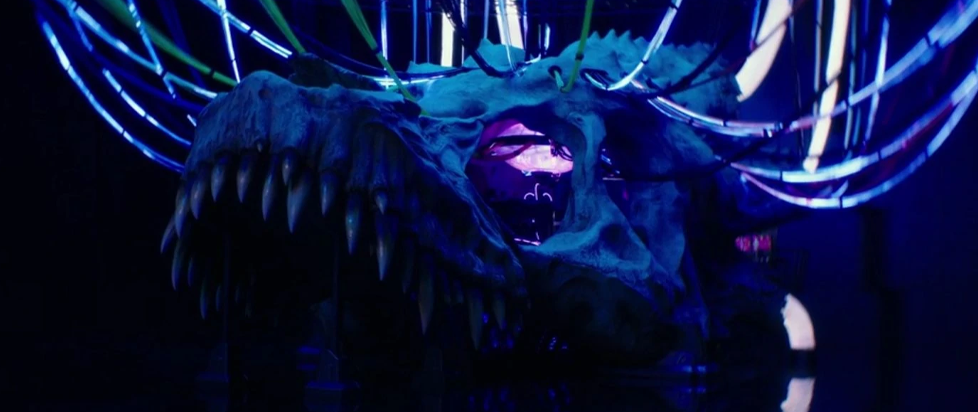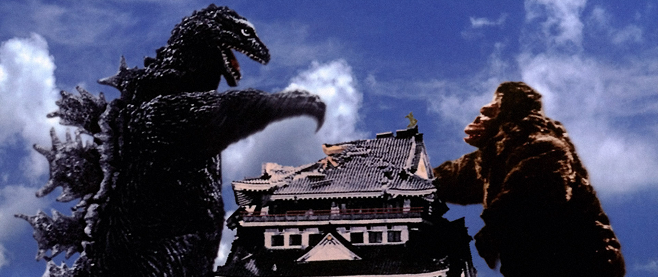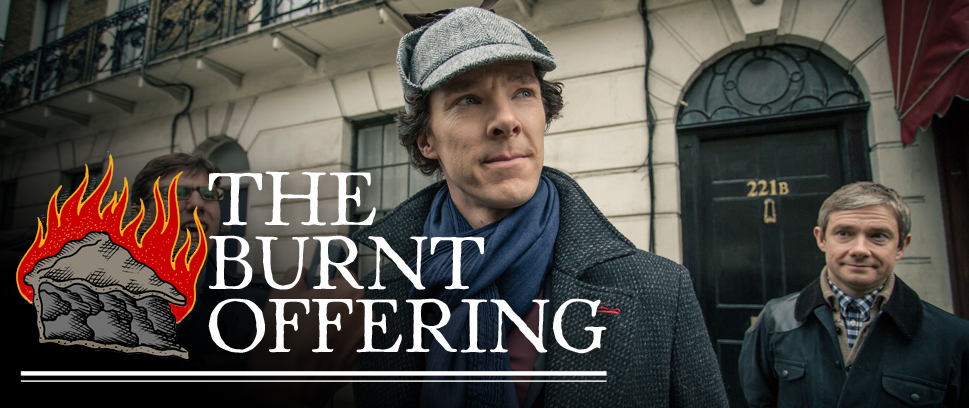
King of All Monsters
The battle for the mind of North America will be fought in the video arena: the Videodrome
When I first heard that line in Videodrome, I didn’t expect the battlefield to be the MonsterVerse franchise. At the heart of these movies is a struggle for the identity of American imperialism. A toxic green slurry of guilt and awe for the might of nuclear artifice Godzilla stands for. They are more about rugged individualists moved to action by state secrets than they are kaiju fights. Monarch, the secret US organization in charge of investigating giant monsters, represents the marriage between military and science. The comic Godzilla: Awakening even directly involves an America general apologizing to Japanese scientist Serizawa (named for the 1954 Godzilla) for the Hiroshima bombing. It is a grand display of orientalism and war crime apologia. They can apologize for all the bombings they want, but they can’t apologize for the bomb. Godzilla: King of the Monsters casts the titular lizard as a Christ figure, recharged by yet another Serizawa sacrificing himself with an A-bomb. Kaiju fights happen in the ocean, far away from civilization, and the destruction of cities happens off-screen – its more natural disaster than it is monster. Radioactivity is literally a force that can stop global warming and end the energy crisis.
There is nothing that displays the tension between reality and fiction better than the conspiracy theorist as a cultural symbol. My father was a proponent of ancient aliens and got kicked out of catholic school for reading von Däniken’s Chariots of the Gods?, known for popularizing the theory. Playing into the implicit racism of attributing the achievements of non-white cultures to extraterrestrials, the book itself was heavily edited by a Nazi. Its content can be traced to Lovecraft’s fiction through The Morning of the Magicians, a book of “fantastic realism” intended to weaken faith in conventional history. Through family or fiction, fringe theories can emerge from almost anywhere.
Another avenue of this arose in the 1960s as an esoteric prank started by Kerry Thornley (a founder of Discordianism) and Robert Anton Wilson. Operation Mindfuck was a culture jamming project Wilson participated in as an editor for Playboy Magazine and spread through other discordians in the underground press of the time. Presenting contradictory tales of the illuminati mixed with ufology, they set out to highlight the absurd nature of belief and reality. This created the foundation of our conspiracy culture today. In the MonsterVerse, conspiracy drives main characters into action.
Madison Russell is the latest to unravel secret agendas in Godzilla vs Kong. Instead of the typical wild and disoriented protagonist of conspiracy thrillers, she’s a cool level headed teen on a road trip to meet Bernie Hayes, the undercover podcaster investigating Apex Cybernetics. When the two meet, it’s their mutual distrust for fluoridated tap water that allows him to trust her. Hayes is also characterized by showering with bleach to prevent organic tracking technology, which mirrors Trump’s statement that bleach may prevent COVID-19 that his followers took seriously. All conspiracies mentioned in this movie are treated as implicitly true. Josh Valentine, as the straight man, is mocked for not understanding these habits. The series has teased “Hollow Earth” since Kong: Skull Island and this film finally confirms it. Here, conspiracy is the order of the day.
Godzilla vs Kong was released in March 2021 and I watched it with the January 6th Capitol attack fresh on my mind. Just the year before, we saw lines of communication breakdown and paranoia bloom under the pandemic. Circumstances that catalyzed QAnon from a laudable fringe movement like the Flat Earth Society to a full fledged imperial cult. Political conspiracy theories follow a reactionary impulse to protect the identity of the state apparatus while attacking its structures. How does Hollywood grapple with this shifting public? Blockbuster movies are a populist affair, meant to appeal to the broadest possible set of people. The creation of the everyman begs the question “What do people identify with?” For every MonsterVerse movie, the answer has been rugged individualists fueled by loss discovering state secrets that push them into action. While Madison and Bernie aren’t the gritty white men of the previous trilogy, the name dropping of real life conspiracies plays into forces that deify fascism in the real world. In the midst of societal upheaval, Godzilla vs Kong tells us that conspiracy is the new normal.
When you know who the real monster is, the fight feels triumphant. As the heart of conspiracy in Godzilla vs Kong, Mecha Godzilla is a threat to the “friendly” Godzilla and King Kong. In the end, we’re rooting for symbols of nuclear genocide and colonialism. I am writing this at a time where I’m watching friends realize the CDC primarily protects capitalism rather than the vulnerable. Youth are so entrenched in the world of conspiracy that they’ve created their own culture jamming movement, Birds Aren’t Real, as a form of resistance. Within the subculture, groups are speaking out against bigotry in favor of celebrating high strangeness. One such example is the fine folks at Liminal Earth, a project that is like a supernatural Atlas Obscura. Raising the question, “How do we move forward?”
There is a monster sleeping underground and it isn’t Godzilla. It’s going to be harder to know who or what to trust. Declassified papers have shown us the ways the government manipulates its citizenry and we like to tell ourselves, “They’ve stopped doing that since then.” Yet in twenty years, new declassifieds will reveal more of the same. In times that are described as “post-truth”, we have to make conscious choices about what we believe. Guiding principles are needed to do that ethically. We have to believe people who are being hurt when they tell us. This means standing up for the things we believe in and speaking out against racism, transphobia, bigotry, etc. We have to choose to believe in and care about each other. The conflict of humanism is the question, “Why should I care about other people?” This question is only ever answered with death and that road leaves no one left to give an answer. I can only think of David Lynch’s words, “Fix your heart or die.”
Or else the monster is going to wake up.





